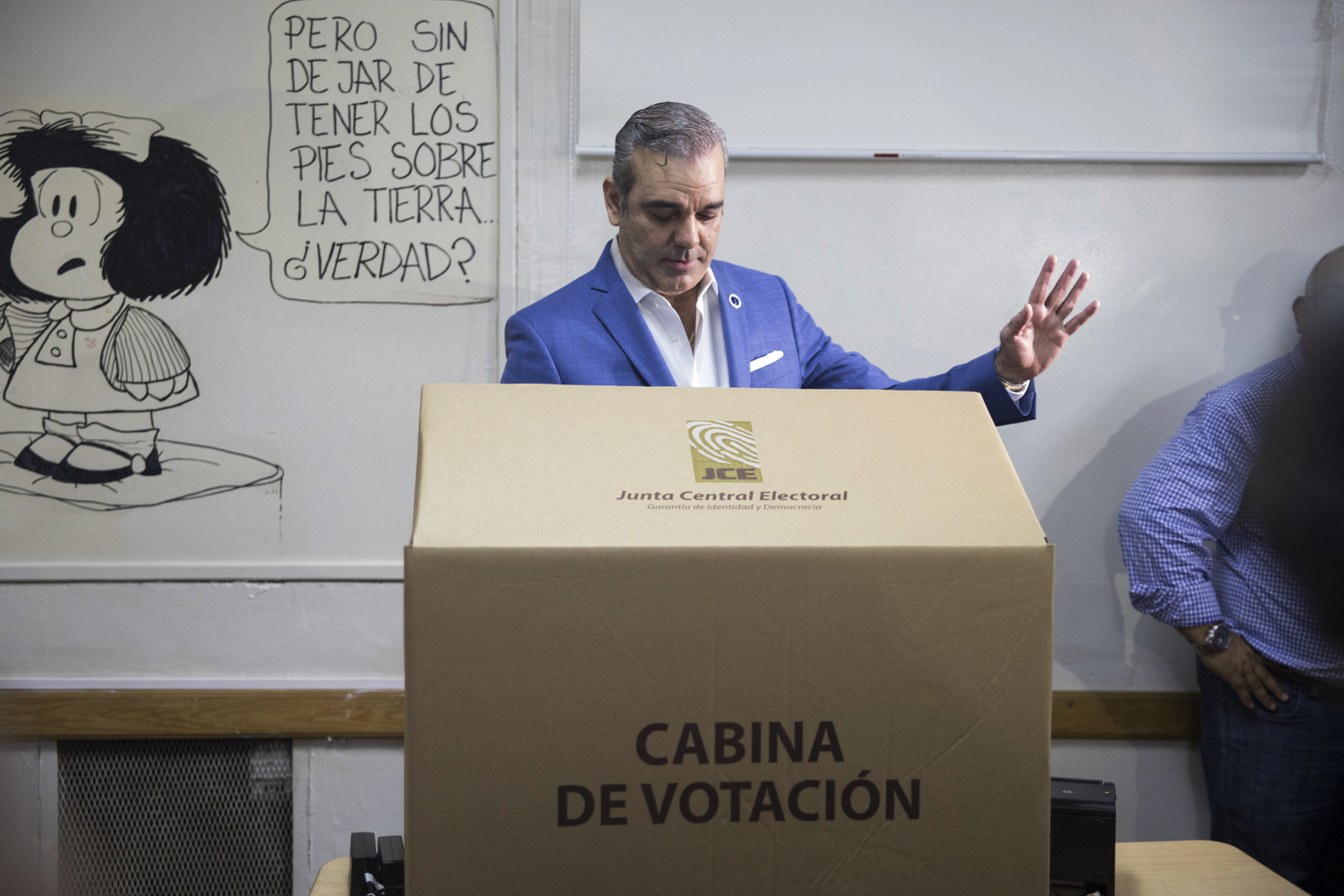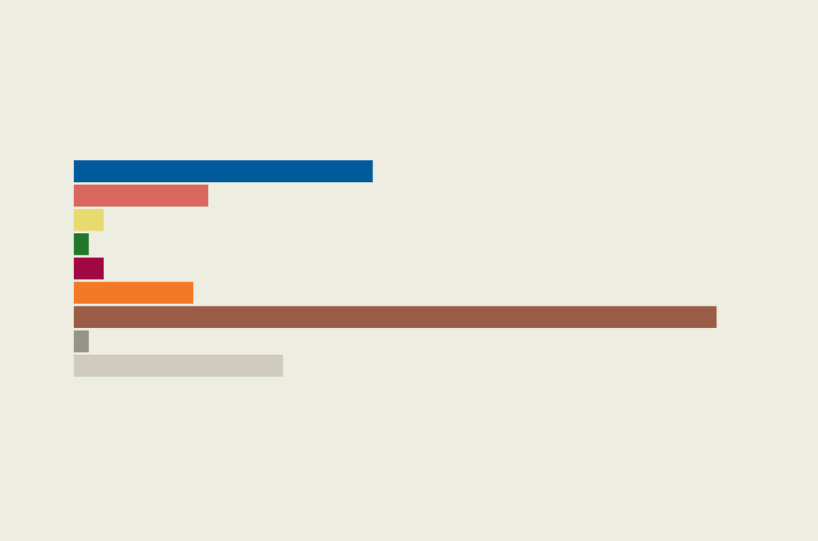Venezuela and the eclipse of American leadership
Venezuela and the eclipse of American leadership
The United States has worked under a laissez-faire approach to encourage others to fill a void in regional leadership toward Venezuela, points out AS/COA’s Eric Farnsworth.
Venezuela’s steady descent into chaos has repeatedly prompted pundits like me to predict that the authoritarian populist regime founded by Hugo Chávez was doomed to collapse, or be ousted. That it hasn’t happened yet says a lot about how this Latin American meltdown is different and worse than any other in the past century. And it may be even more telling about the change in global role of the United States.
Last week, Caracas was again looking like a capital on the verge of revolution. Clouds of tear gas and volleys of rubber bullets filled normally jammed expressways as tens of thousands took to the streets to challenge the government now led by Nicolás Maduro. The causes for popular anger were legion: not just Maduro’s blatant rupture of democratic norms, but shortages so severe that three-quarters of Venezuelans say they have lost weight because of a lack of food; not just brutal repression, but the world’s worst rates of inflation and homicide…
“For the past decade or more we’ve worked under the theory that a conscious effort to take a more laissez-faire approach would encourage others to fill a void in regional leadership,” says Eric Farnsworth of the Council of the Americas and Americas Society. “But a hemisphere that prioritized the principle of sovereignty over all else had no desire to weigh in on Venezuela . . . except to try to keep the United States out of the political mix.”







